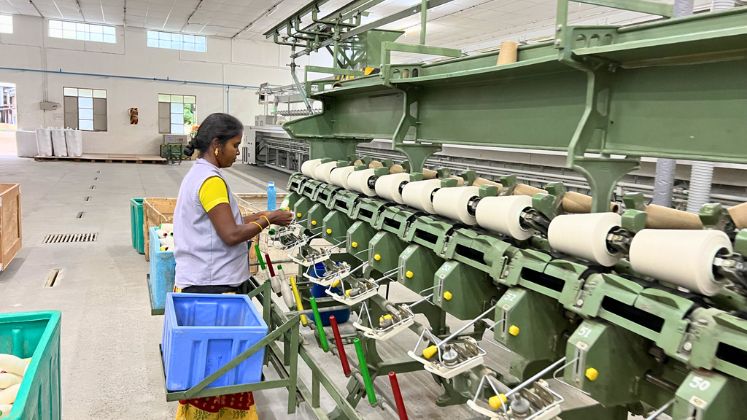
The Union government has been urged by the textile industries in the Coimbatore, Tirupur, and Erode regions to revoke the Quality Control Order (QCO) pertaining to viscose spun yarn and viscose staple fibre.
According to the industry, viscose-based fibres rank second only to cotton as important input materials in the textile industry. Tamil Nadu powerlooms weave more than 70% of the viscose yarn generated by India’s 80+ spinning mills.
Due to delays in BIS licensing, the implementation of QCO on imported VSF since March 2023 has limited access to competitively priced imported VSF from China, Thailand, and Indonesia. The result is higher input costs and shorter supply terms for Indian spinners, who are forced to buy from a single domestic monopoly source. Under the FTA, imported VSF is ₹25 less per kilogramme than domestic VSF; however, this cost advantage is negated by the QCO.
As a result, production has slowed, units have been closed, and machinery has been sold as junk, significantly harming the cost structure of spinners and weavers.
Another setback for the faltering industry comes with a notification dated September 26, 2024, suggesting that VSY be placed under QCO. According to the industry, imposing QCOs on VSY will cause supply interruptions, increased prices, and additional job losses, particularly in light of the current raw material issues.
To increase textile exports, generate employment, and revitalise MSMEs in the textile industry, the government should guarantee the availability of raw materials.
The industry expressed deep concern that the weaving sector, particularly in Tamil Nadu, is under severe stress, and called on the ministry to respond with urgency and empathy to protect the millions of livelihoods dependent on this critical value chain.






